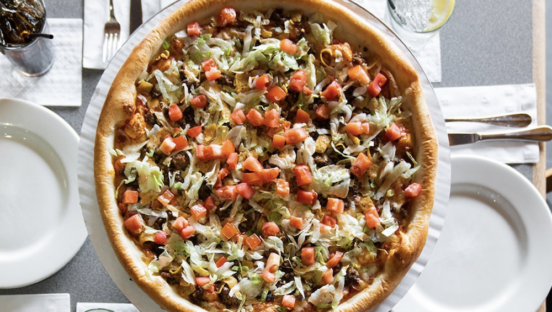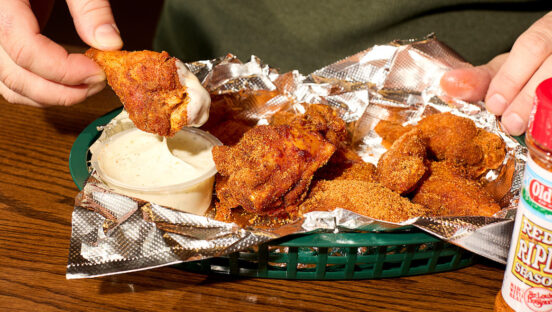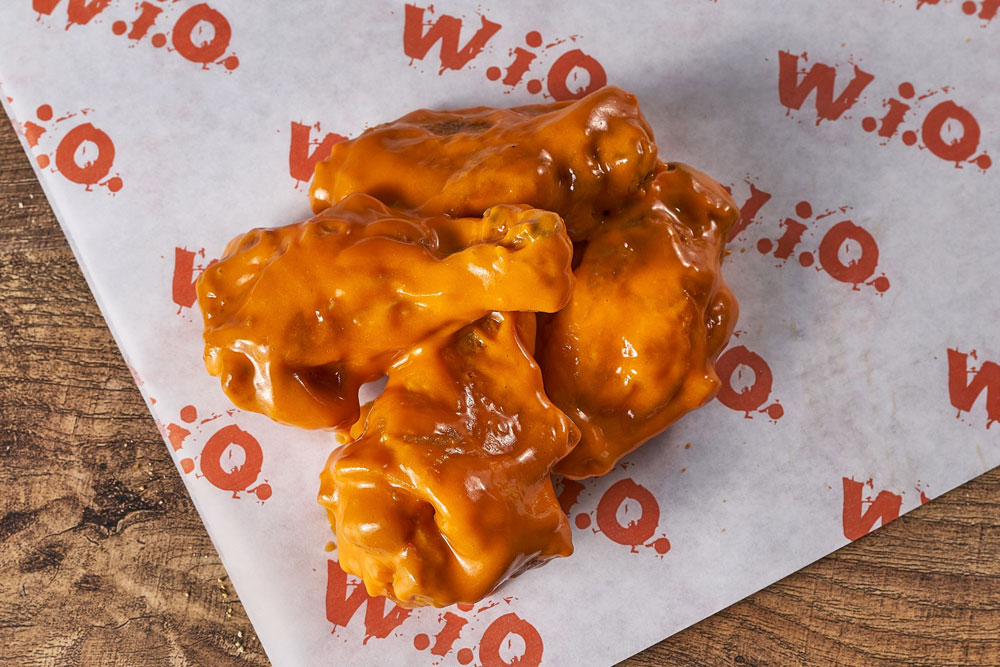- After two hours, leftover pizza needs to be reheated or popped into the fridge to prevent serious food-borne illnesses.
- If you cater to a younger crowd of customers, you can earn credibility points—and their repeat business—by warning them of the health risks.
Related: Women in Pizza: How pizzaiolas are shaping the industry’s future
As a pizzeria owner, you already know this, but your customers, especially the younger ones, might not: Never eat pizza that’s been sitting out overnight. Period.
Just ask Fawziah Saleh, a registered dietitian at the Cleveland Clinic in Cleveland, Ohio. “Perishable foods like pizza are not safe to eat if left sitting out in room temperature overnight,” she says.
Granted, it’s not your personal responsibility to warn customers about the health risks of improperly stored pizza. But if you cater to a college or high-school crowd, you can earn credibility points—and their repeat business—by tipping them off. After all, they might blame their illness on you and never go back to your pizzeria!
Consider offering leftover pizza tips on your website or via social media for those younger folks who think they’re indestructible.
Here are some tips to keep in mind:
1. Pizza can only be left out safely at room temperature for two hours—or just one hour at higher temps. “According to the USDA, after two hours, you want to either heat the pizza back up or put it in the refrigerator to cool down,” Saleh says.
2. This rule applies to all types of pizza, whether it’s a plain cheese pie, a meat-lovers, a veggie pizza or a vegan pizza. It needs to be reheated or placed in the fridge after two hours. “Because cheese is the main ingredient, pizzas should be kept in the refrigerator to reduce the risk of being contaminated with food-borne bacteria,” Saleh notes.
3. What are the health risks of eating pizza left out overnight? There are several, and they can be serious, including:
• An infection from staphylococcus aureus (MRSA bacteria)
• Salmonella
• E. coli infection
• Campylobacter infection
4. You can safely store pizza in the fridge for three to four days, but it will start losing its freshness during that period of time. Any longer than that, and your risk for food-borne illnesses increases.
5. Signs of food poisoning include an upset stomach, nausea, vomiting and stomach pains. These symptoms can show up within just a matter of hours or several days after eating improperly stored pizza.
So educate your customers about the risks of eating pizza that’s left out for more than two hours or, worse, overnight—no matter how hung over and famished they might be!













